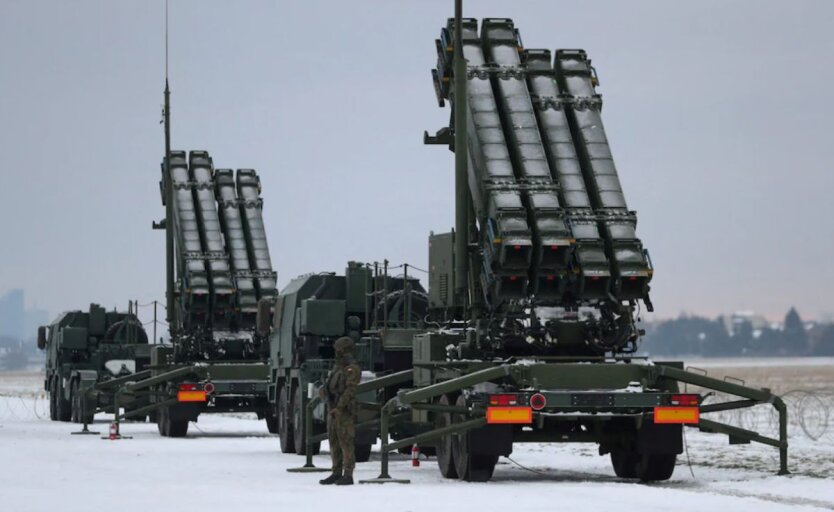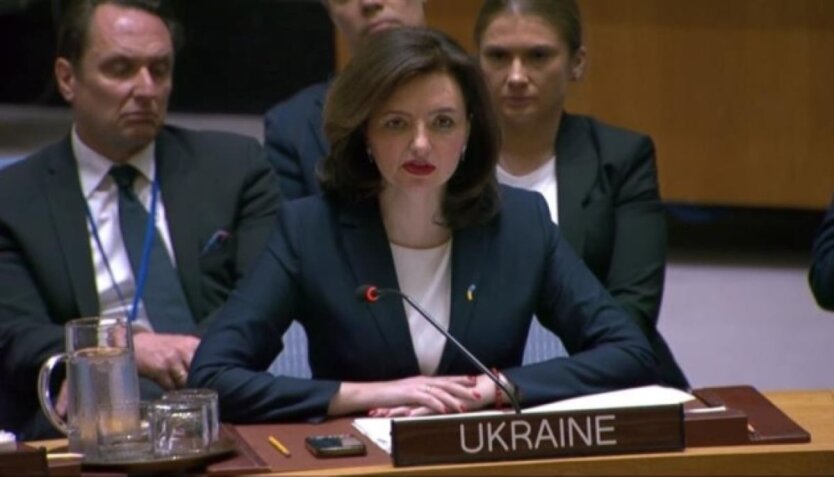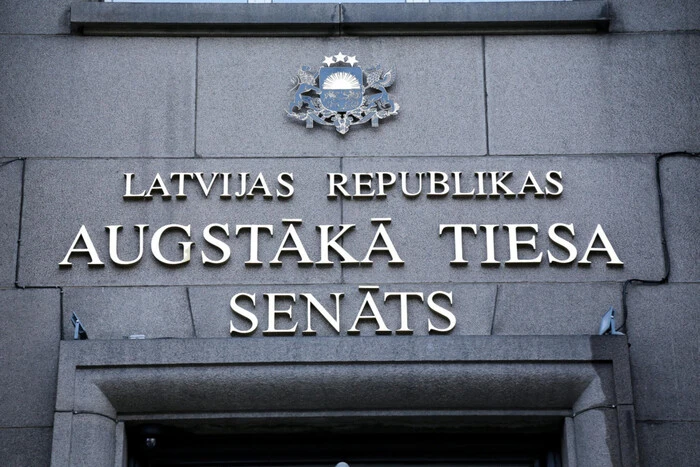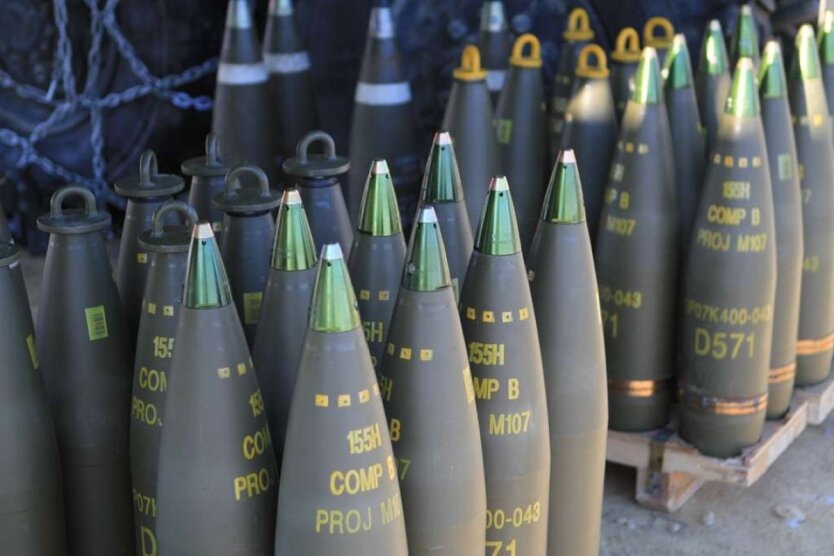Why the NBU Allowed the Weakening of the Hryvnia: Pyshnyi Explained the Regulator's Strategy.

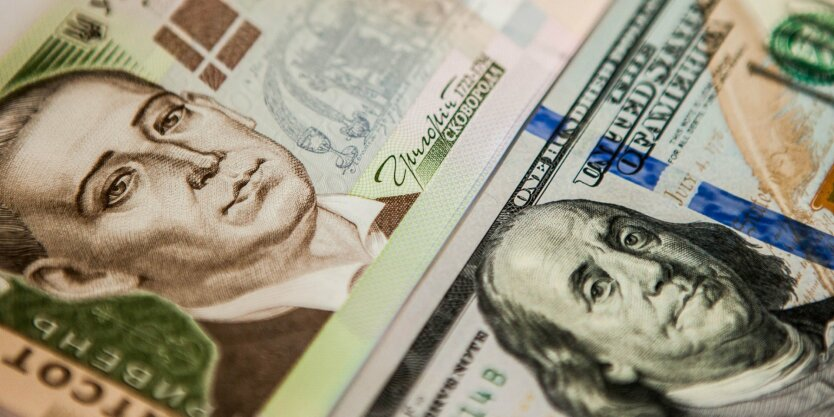
The National Bank of Ukraine (NBU) explained the reasons and consequences of the weakening of the hryvnia a year after transitioning to a managed exchange rate flexibility regime.
According to Andriy Pyshnyi, the head of the NBU, such a change in the exchange rate positively affected the economy during the war.
"This occurred against the backdrop of a combination of exogenous factors (longer and more intensive war, destruction of energy infrastructure, rumors of a "default"), easing of monetary policy and currency restrictions by the National Bank, which was critically important for businesses and stimulating economic activity," explained Pyshnyi the reasons for the hryvnia's weakening.
The hryvnia fell against the dollar by almost 13% on the official market and by 9% on the cash market. This weakening happened due to the war and the easing of monetary policy.
However, according to Pyshnyi, this exchange rate dynamic also had positive consequences. Inflation over the year met the regulator's target of 5%. The trade deficit decreased from $24.5 billion to $22.2 billion. Also, assets in the national currency remained attractive.
Pyshnyi reminds of the high rates on hryvnia deposits and bonds. Last year, rates reached up to 12% on deposits and 19% on bonds.
Read also
- The USA shifts the burden of assistance to Ukraine onto Europe: delays in tanks and pressure on Greece
- Ukraine at the UN Security Council: Our desire for peace is undeniable, but not by giving up independence
- In Latvia, a man received a sentence for participating in the war against Ukraine on the side of Russia
- Response to the Russian Threat: The Netherlands Arm Their Fleet with Tomahawk Missiles
- Trump does not give the green light: why the Abrams tanks for Ukraine are 'stuck' in Australia
- Estonia is building a powerful NATO munitions factory

